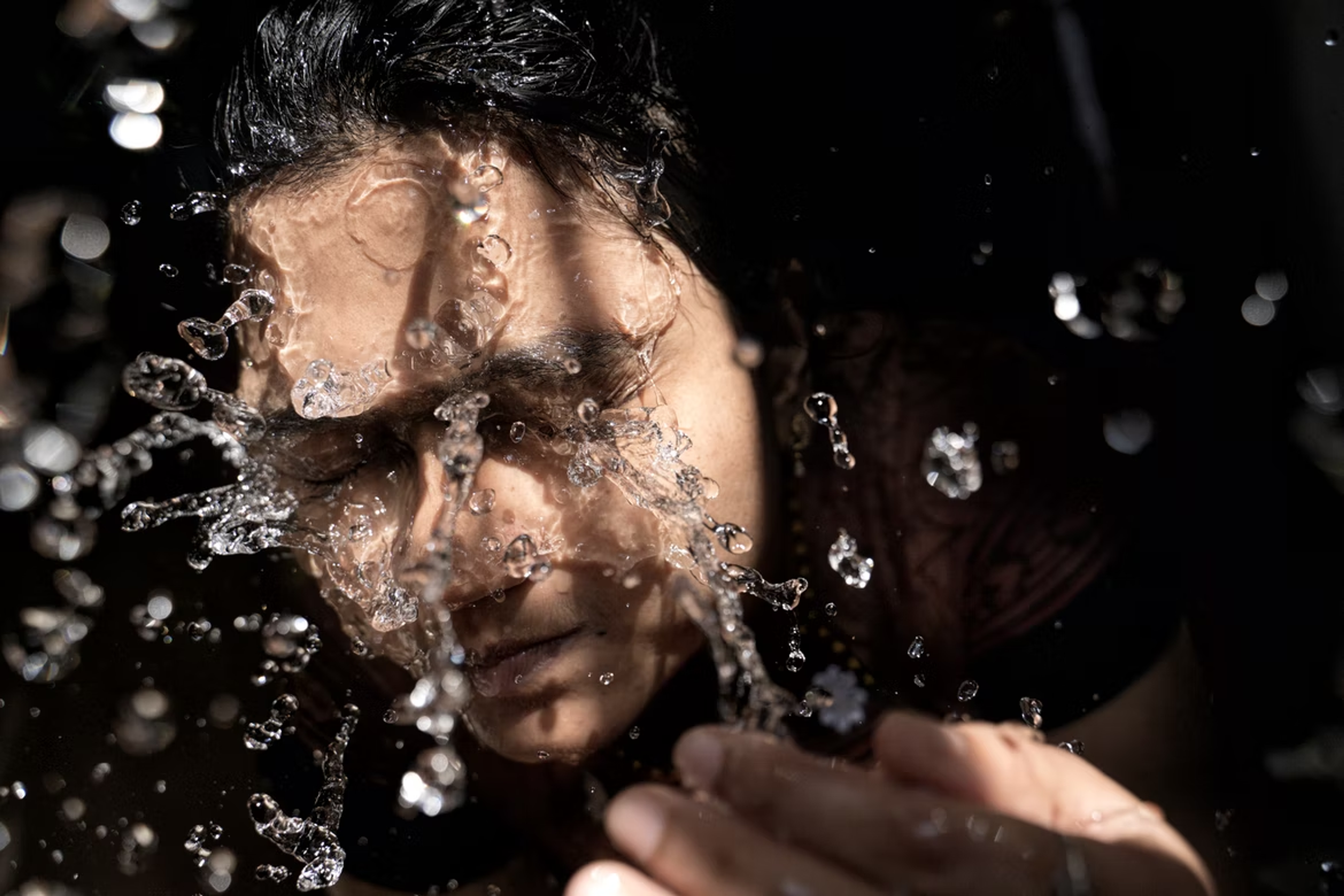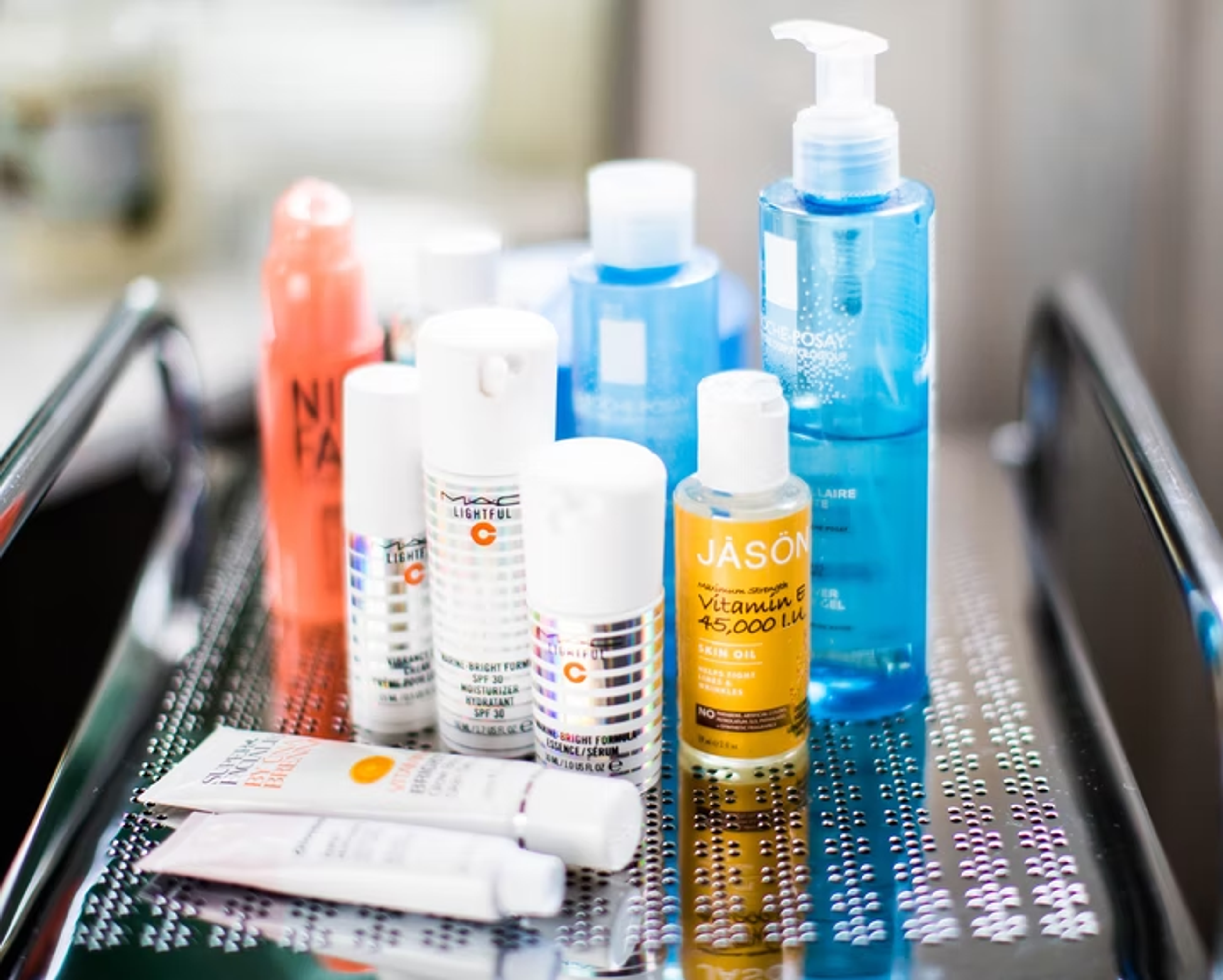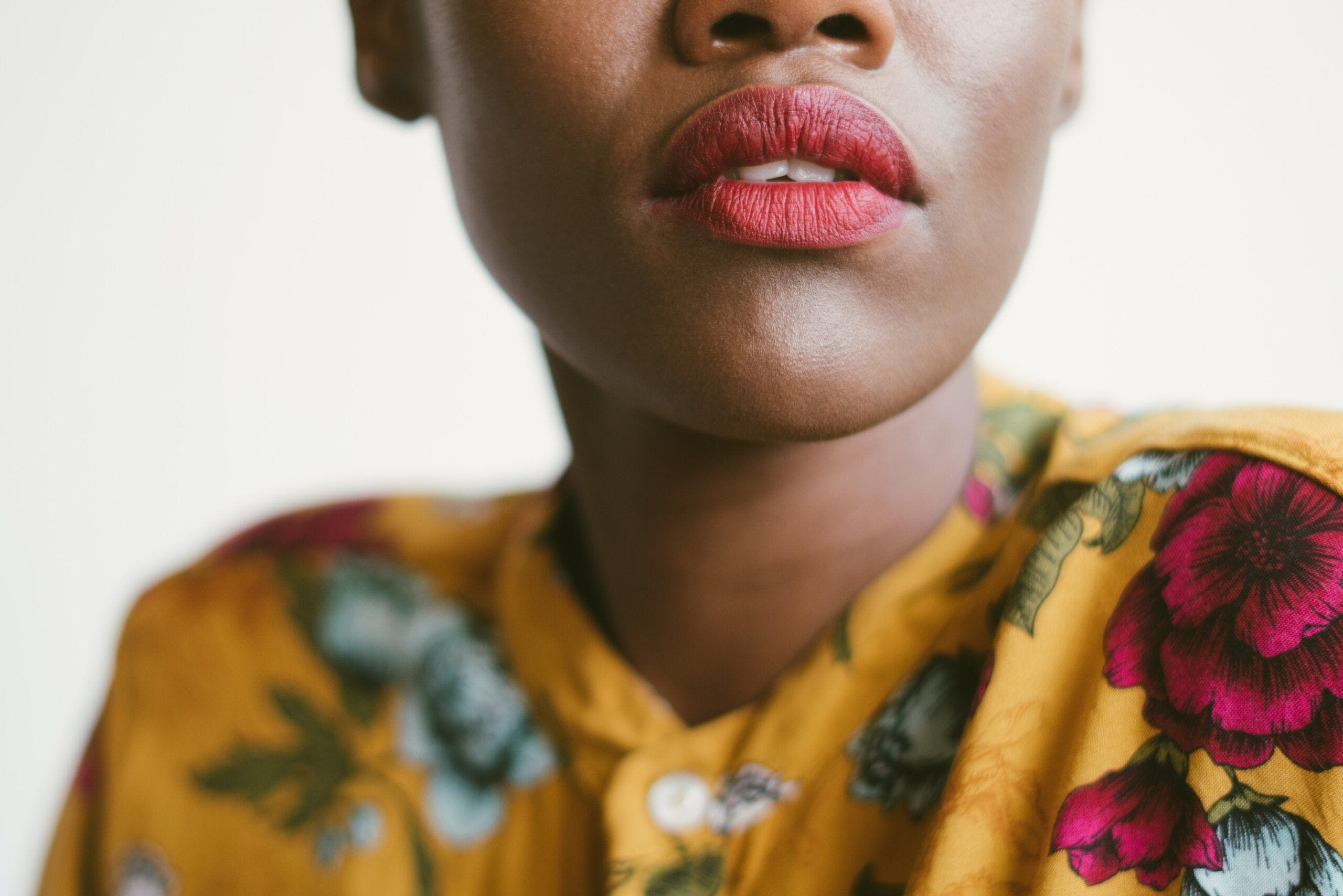Acne and breakouts are pretty common among teenagers, and there’s nothing quite as frustrating as waking up in the morning and seeing a large zit on your face. Although you might think acne is just part of being a teenager and no big deal, it can have lasting effects. Acne can cause permanent scarring and discolouration, and the skin on your face is constantly being exposed, so it’s especially important to take care of your skin.

What Is Acne?
Acne is an inflammatory skin disorder that arises when oil, dead skin cells, and bacteria block hair follicles. It is characterised by:
- Increased sebum production
- Blockages within hair follicles
- Inflammation of the epidermis
- Hyperkeratinization of the stratum corneum
- Bacterial overgrowth
Acne affects people from all races, ages, sexes, and ethnicities and can appear anywhere on the body but most commonly appears on the face, chest, back of neck, shoulders and upper arms. It’s disruptive and embarrassing and can cause a lot of anxiety, low self-esteem, and emotional distress. Luckily, though, you can take steps to help clear it up. Just about anyone can get acne, and almost everyone has it at some point. In order to get rid of acne, you need to treat both the internal and external factors. No matter where you are located, you can find something to treat your skin, ranging from natural moisturiser for teenage skin australia based products to being careful about what you eat. Although the outcome you achieve will depend on numerous factors, there are plenty of things you can do to reduce the damage that acne can do to your skin.
The Importance Of Treating Acne
Acne can affect self-esteem and confidence, especially during the teenage years. This is because teenagers are still developing their sense of identity, and acne often makes them feel insecure about their appearance. Acne can also lead to scarring, discolouration, and dark spots on the skin. This can be permanent, and in extreme cases, getting rid of it may require invasive medical treatment.

How To Treat Your Acne
The most common acne treatment is over the counter medications like benzoyl peroxide or salicylic acid. However, these treatments don’t always work, and it can take months to see results. Sometimes people will have to go on medication with antibiotics or oral retinoids, which are more effective but more expensive treatments that can cause side effects like dryness and redness of the skin.
Visit A Dermatologist
Dermatologists are trained in diagnosing skin diseases and conditions and have access to medical equipment like microscopes for examining skin cells under a microscope. They can help with acne by prescribing topical creams or oral antibiotics. They can also advise what products to use at home, such as a cleanser, toner, moisturiser, and sunscreen. If you have severe acne, this should be the first thing you do, as they are the best places to advise you on ways to reduce your breakouts and limit the amount of damage it can cause to your skin.
Make Sure You Wash Your Face Every Day
The most important rule is pretty obvious: wash your face! The skin can accumulate things throughout the day, including:
- Sweat
- Oil
- Sebum
- Dead skin cells
- Makeup
- Pollutants in the air
In order to prevent breakouts and clogged pores, it’s essential to cleanse daily to remove these layers of dirt and grime. The best way to get rid of pimples and prevent future outbreaks is to clean and treat your skin twice a day. You can keep face wipes in the drawer of your nightstand as a substitute when you are in a rush and don’t have time for your regular wash.

Avoid Over-Exfoliation
Exfoliation is the act of physically rubbing or scrubbing a part of the skin, usually with an abrasive material, to remove dead cells and stimulate cell renewal. It is best known for its use in treating psoriasis, but it can also be used to remove dead skin cells, reduce acne and improve overall skin health. However, although exfoliation is a standard treatment often touted to minimise acne, over-exfoliation can sometimes make matters worse. If you exfoliate daily using highly abrasive exfoliants, you can cause more redness and irritation, which could result in making your acne even worse.
Replace Your Face Towel On A Regular Basis
Changing your face towel every day is essential if you have acne. The bacteria that cause acne thrive in moist areas, and a damp towel can become a breeding ground if you aren’t careful. Changing your facial towels daily reduces the chances of developing acne or spreading to other areas.
Moisturise
In order to prevent acne and reduce its severity, it is important to moisturise your skin regularly. Moisturising helps to balance oil production on the skin, which helps to reduce acne over time. Moreover, moisturisation can help reduce acne by preventing the sebum from clogging pores, reducing inflammation, and preventing moisture loss. When the skin is dry and dehydrated, the sebaceous glands overproduce oil, exacerbating inflammation. However, you must choose the right moisturiser for your skin. Some things to consider include:
- Choose fragrance-free: The ingredients used to make the lotion smell good might irritate your skin and induce an allergic response, thereby exacerbating the situation.
- Select hypoallergenic moisturisers: The best way to deal with acne-prone skin is to use hypoallergenic moisturisers. These types of moisturisers are gentler on the skin and don’t irritate it as much as other products do.
- Understand your skin type: Before forking out for an expensive moisturiser, you should understand what kind of skin you have, as this can change the effectiveness of your moisturiser. The skin ranges from oil to dry, with the most frustrating being a combination.
- Cream, lotion or ointment?: There are three broad categories of moisturiser, each with drastically different properties. Creams tend to be thicker but are more hydrating. Lotions tend to be lighter and best for delicate skin. OIntments are the thickest, making them best for dryer skin.
Acne can be extremely annoying, but it doesn’t have to ruin your life. Choosing the right acne treatments, such as creams and cleansers, is very important, as they will really help your skin. Skin care is essential, and you shouldn’t be afraid to consult a professional, as they will be able to advise you on the right products for you.


Comments are closed.